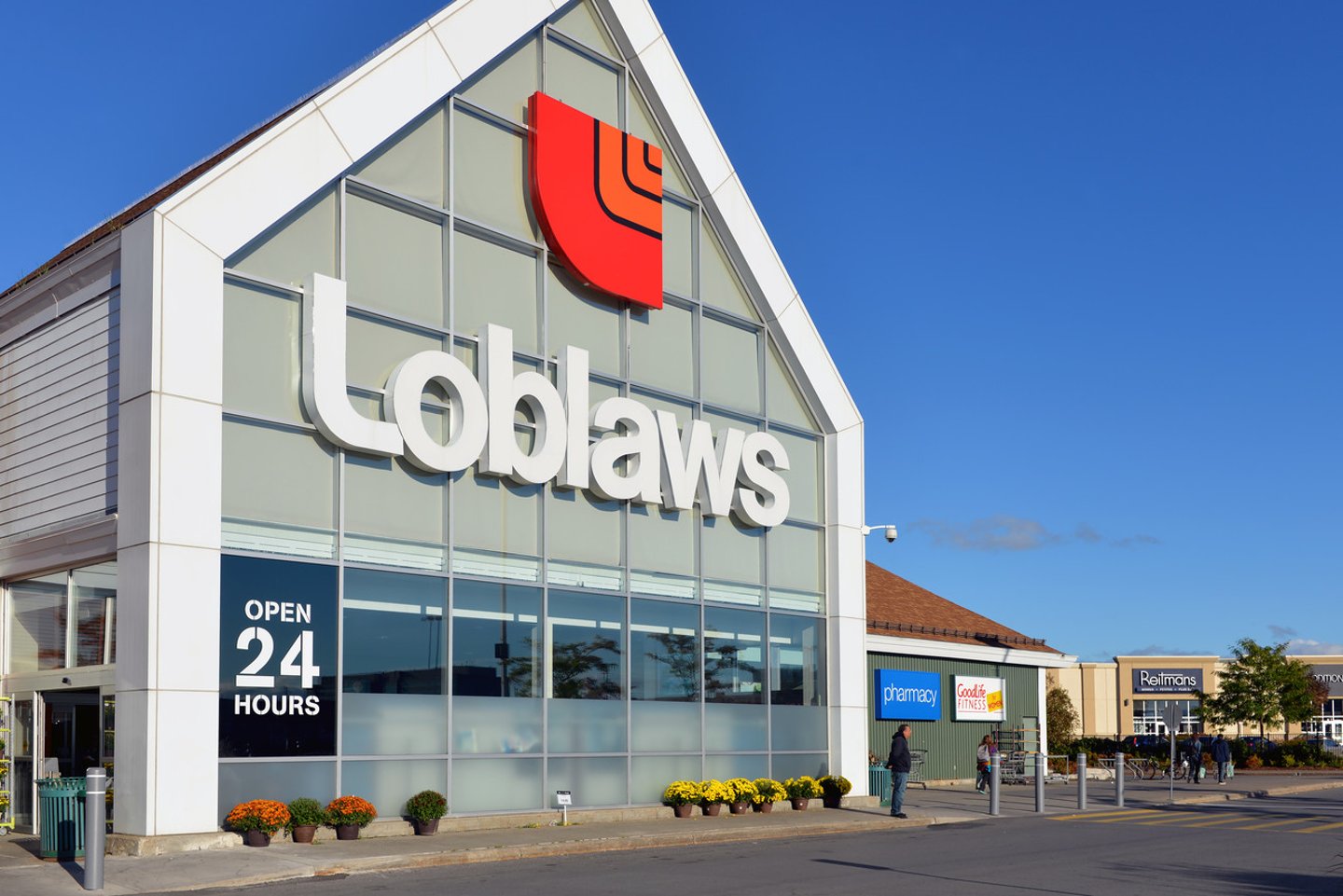Loblaw shares details on actions to boost affordability following meetings with Ottawa
Loblaw Companies Ltd. shared new details about the actions it’s taking to improve affordability for shoppers on the grocer’s third quarter earnings call Wednesday (Nov. 15).
Following meetings in recent months between the Liberal government and Canada’s major grocers to discuss stabilizing food prices, Loblaw chairman Galen Weston said the company is focused on delivering savings across “a basket of 35 items.”
Weston did not specify which items it was targeting, but said lowering food prices remains a top priority for the grocery giant.
“It's important to reiterate that grocers are not the reason for high food prices, and so we are unable to resolve inflationary pressures on our own,” he said. “Over the last two months, we have participated actively in discussions with government shared ideas and I've provided them with the details of the specific actions we have taken. As part of these efforts, we are focused on delivering additional value across a basket of 35 items that matter most to customers on a weekly basis. We're doing so in four specific areas: more savings in our weekly flyers, over and above value campaigns, increased depth and breadth of PC Optimum offers and the sustained delivery of our unrivaled ad match program.”
Loblaw’s revenue came to $18.27 billion in the third quarter, up 5% from the prior year.
Retail segment sales were also up 5%, to $17.98 billion. Food retail same-stores sales increased 4.5%, while drug retail same-store sales increased 4.6%, with front store same-store sales growth of 1.8% and pharmacy same-store sales growth of 7.4%.
E-commerce sales rose 3.6%.
Net earnings were $621 million, an increase of $65 million or 11.7%. Adjusted net earnings came to $719 million, an increase of 8.4%.
Loblaw’s Q3 results highlighted the continued success of its discount banners such as No Frills and Maxi as inflation-weary shoppers seek out savings.
The grocer plans to open six Maxi stores in Quebec in the fourth quarter of fiscal 2023. Next year, Loblaw will convert 30 more stores to discount and open 40 net new stores in underserved communities, Weston told analysts.
But as food prices remain high, chief financial officer Richard Dufresne reiterated concerns around supplier cost increases. He said some large increases will come into effect next year.
READ: More price increase requests from large global brands in Q2, Loblaw execs say
“A decrease in our food margin is evidence that our costs continue to grow faster than our prices. As we continue to do our part to fight inflation, we remain concerned about the level of commitment to this cause from some of our suppliers,” Dufresne said. “Without the support of suppliers, it will be difficult for the industry to sustain the current momentum of falling food inflation. With lower supplier supplier costs, we can lower prices on the shelf for customers. Unfortunately, several large global suppliers are still coming with higher than expected cost increases for next year. “
Dufresne said Loblaw’s private label sales remain strong, and he expects vendors will soon want to drive volume.
“Such conversations are happening. But as I mentioned, it's not stopping them from coming with significant cost increases. They're trying to do both, but it's going to be difficult unless they slow down,” he said.
After 17 years of quarterly analyst calls, Wednesday’s call was Weston’s last as he transitions to his role as chairman of the company.
As previously announced, Perk Bank, formerly the CEO of Denmark grocery retailer Salling Group A/S, is taking over the role of CEO.
“In 2021, I returned to a day-to-day management role at Loblaw… Over the last two years, we've made tremendous progress with strong momentum in all our strategic pillars: retail excellence, driving growth, investing in the future and embedding ESG into everything that we do. The results speak for themselves, Loblaw is in excellent shape. But there's still a great deal to achieve,” he said. “Today, I take a step back to focus on my role as chairman, and I'm thrilled to have Per Bank joining the organization as president and CEO. Per has spent the past few months getting to know our stores, our store support functions and our colleagues across the country. This month he steps fully into the role bringing a wealth of experience and energy. I know he's excited to get to work and that he is singularly focused on moving our strategy forward.”
MORE Q3 HIGHLIGHTS
Weston on the grocery code of conduct: “We've been active in conversations about this code of conduct for a couple of years now and continue to be active in conversations about the code. We've been quite public in expressing some specific reservations about the way the code is currently constructed, primarily because we think it leads to potential increases in inflationary pressure. And so we continue in those conversations, and we'll be working hard to make sure that the code doesn't have any of those unanticipated or unexpected consequences. And then we're continuing to work in our own fashion to make sure that we're doing what we can to support vendors in the right way, as evidenced by our announcement yesterday of the Small Supplier Program, which we think is a illustration of a really tangible action to improve the stability, the transparency of doing business with us, and we expect more innovation on our shelves from those small suppliers as a result.”
- Dufresne on retail theft: “We saw sequential improvements in shrink from the second quarter. That said, we continue to invest in stores and in labour and work with law enforcement to help reduce the impact of organized crime on our colleagues and customers. This surge in organized retail crime remains a significant problem for the retail industry. These are sophisticated organizations that are increasingly using violent tactics and complex networks to steal and sell stolen goods for profits.”




